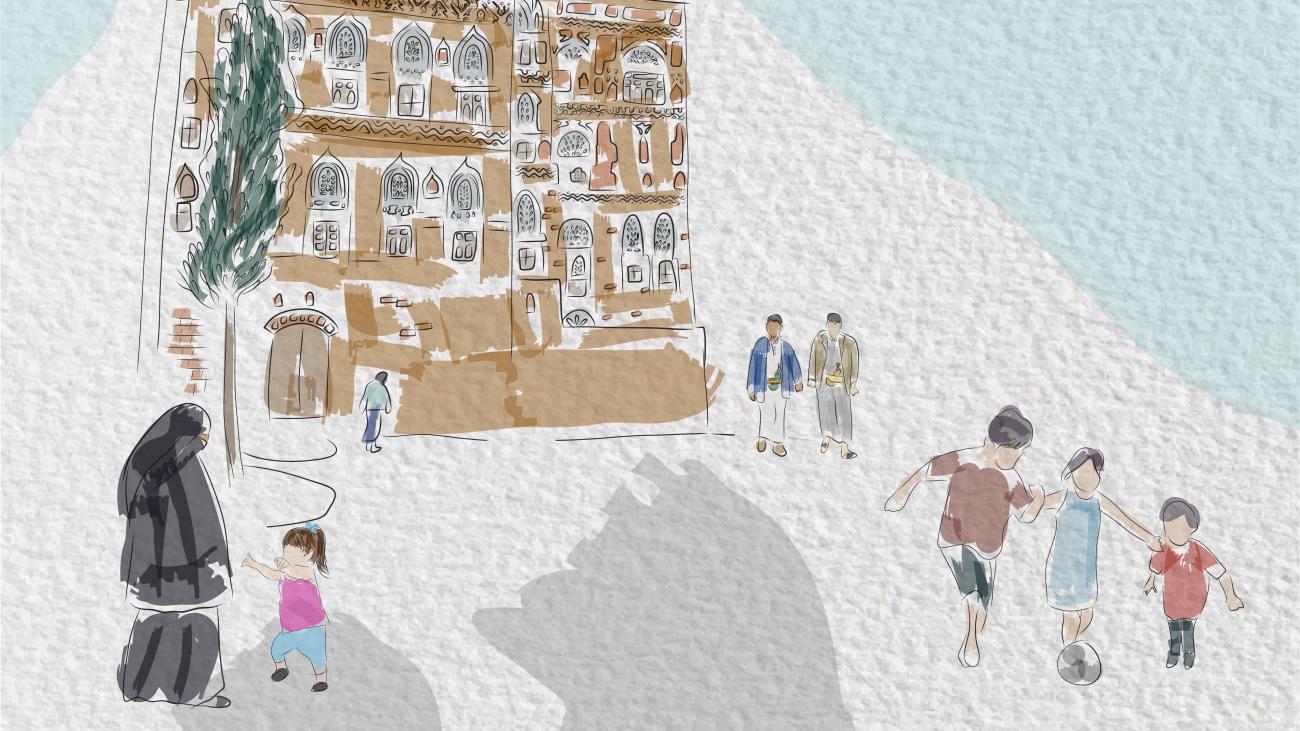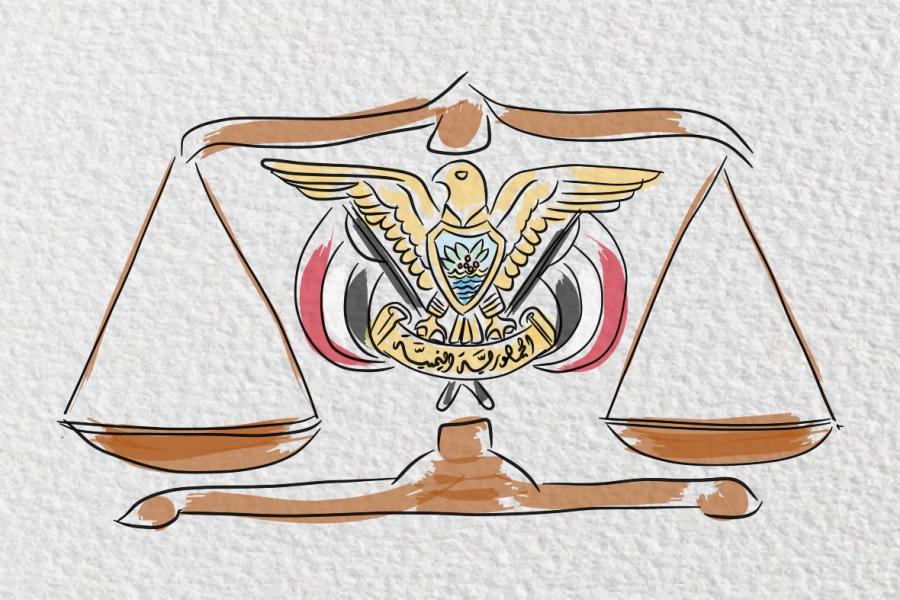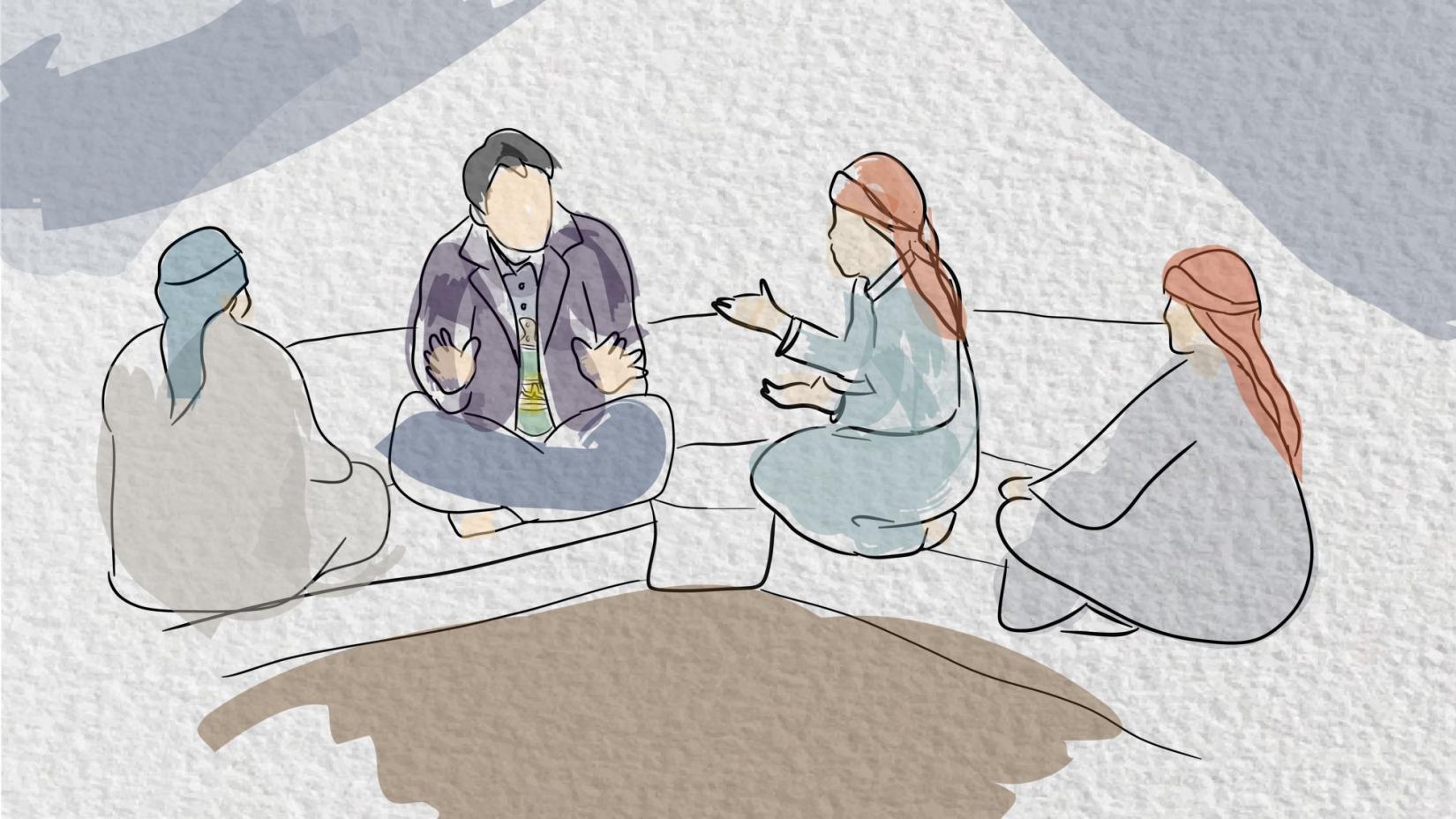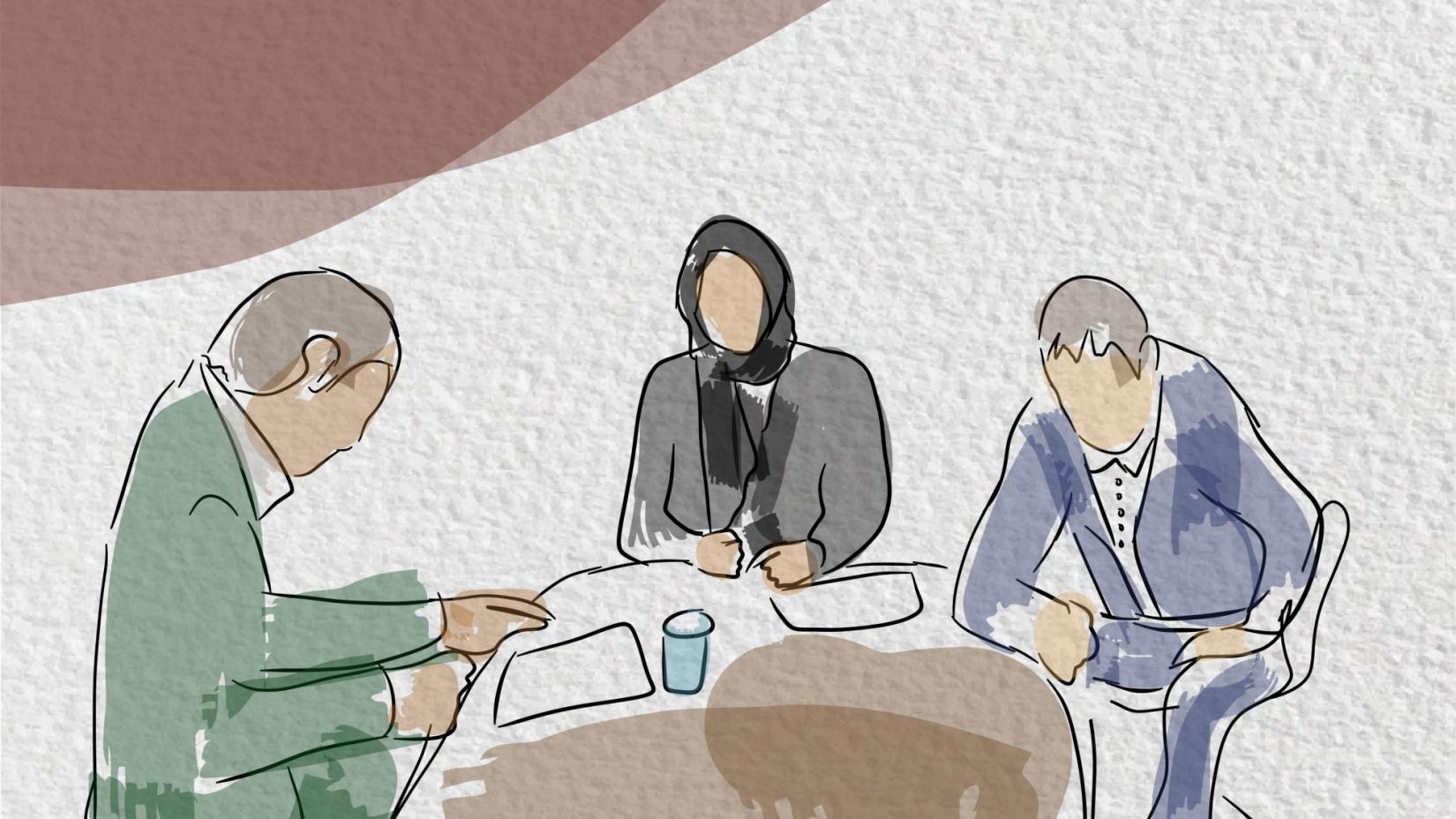Building a Foundation of Trust Overcoming Injustice with Inclusivity in Yemen

After more than six years of violent conflict, communities in Yemen struggle to distinguish legitimate justice actors from the sweeping fist of armed militias.
Yemenis have lost confidence in the formal justice system and instead often rely on trusted local leaders.
In 2017, the Yemeni government, in partnership with the United Nations Development Programme (UNDP), the governments of the Netherlands and the United States, and the United Nations Peacebuilding Support Office, established the Enhanced Security and Protection at the Local Level in Yemen Project. In the wake of steadily weakening social ties in Yemeni society, the project aims to improve access to formal and informal justice and security services across Yemen — at the individual, community, and institutional level. The project strives to increase access to justice while improving the capacities of justice and security institutions to deliver quality services that respond to public demand.

One component of this project is reflected in UNDP’s partnership with Search for Common Ground (SFCG). UNDP and SFCG provided training to 115 trusted local actors (including 40 women) in conflict scanning and community dialogue. These ‘Insider Mediators’ are respected members of the community committed to peacebuilding. UNDP and SFCG empower the Insider Mediators work to facilitate non-violent resolutions between groups — within a family or community, and through professional dialogue — and connect community members to judicial and security services when appropriate.
By acting as a neutral party, the Insider Mediators help to restore community ties and encourage inclusive peacebuilding processes, supporting the establishment of a solid foundation for the nation’s recovery from conflict.
These are the words of five Insider Mediators.
Economic Difficulties at the Root of Increased Conflict

“Since the economy crashed in Yemen, we are seeing more problems arise within the community,” explains Ahmed, a young Insider Mediator.
“One of the most common problems here is land disputes,” he continues. “There are many vacant lots of land. People often come and seize them or claim them as their own, then they try to sell them.”
With fewer opportunities to find stable work, many Yemenis are forced to survive with less financial resources and may take more desperate measures to provide basic amenities for their loved ones.
Noor, one of the women to successfully complete Insider Mediator training, is the head of a local society and now a prominent and trusted figure among mediators and local authorities.
She notes, “most of the problems we are seeing in Yemeni society today have their roots in economic hardship.” An inability to buy food or afford medicine and healthcare often leads to heightened stress and more frequent arguments in the home. But Noor is optimistic: “I love being a mediator because we are able to bring people together. I remind people that we are stronger if we support one another.”
Ahmed, who completed his studies in social services, understands well the importance of community leaders in resolving neighbourhood quarrels. “I have successfully resolved land disputes thanks to the support and leadership of the local Imam and community leaders,” he says. “These leaders are respected.”
What can we Achieve with Informal Justice?
Nasser, another Insider Mediator, works in the security sector. With key insights from his daily work, Nasser understands firsthand why it is critical for Insider Mediators to intervene before an argument escalates into a violent dispute.
“I receive referrals due to my job in security,” explains Nasser, proudly recounting his experiences.
“I was called out to a case following reports that four armed men were trying to force their way into a hotel,” he explains. “I discovered the problem was due to a dispute between two families and was able to resolve it before it escalated to any violence or required police intervention.”

For Wael, a school principal, informal justice also plays a critical role in enabling the continuation of basic services. “When I joined as the principal at my school, I had an issue with the absenteeism of teachers,” he said. With over 1,100 students to educate, the absent teachers were depriving young Yemenis of vital skills needed to ensure opportunities for a successful future.
“I used my training as a mediator to work with the teachers and the Ministry of Education to get the teachers back into the classrooms. We were able to negotiate for most of the teachers to return to work.”
Getting the Word Out
Among the five Insider Mediators we spoke with, most rely on word-of-mouth for referrals, but many rely on their existing recognition within the community.
For Mohammed, a lawyer of 25 years and mediator for five, the closing of his legal office — a place where people knew they could find him — forced him to be innovative. “I use Facebook to promote my services as a mediator,” he says. “I receive cases online including land disputes, debt payment, disagreements between families and tribes, and inheritance disputes.”
The Insider Mediators are well respected in their communities and regularly liaise with local religious and tribal leaders or formal authorities to resolve cases peacefully.
“As a former consultant to the local authorities, I used to be called for cases because they wanted me to settle disputes before things turned violent,” explains Mohammed.
The Insider Mediators are part of a strong network and often refer cases to one another. “I cannot always take certain sensitive cases,” explains Noor. “So, I refer people to Mohammed for disputes requiring legal recourse due to his years of experience.”
A Toolbox for Formal Justice Actors
Understanding that the formal justice system still has a critical role to play within the community, UNDP has provided formal training and capacity building for over 1,000 personnel from rule of law institutions, including judges, prosecutors, police, and prison officials.
UNDP also supports the Women, Peace and Security (WPS) Agenda in Yemen, training 40 women police officers in Aden and 40 officers of the Civil Defence Authority in Sana’a with support from the government of the Netherlands. This WPS work will continue thanks to a new agreement with the Yemen Women’s Union (YWU), and support from the Republic of Korea. Building on initial successes, the YWU will help strengthen cooperation between women police officers and institutions that can provide targeted care for women, children, and families. At the same time, more advanced training on survivor-centred justice will continue.
The Enhanced Security and Protection at the Local Level in Yemen project aims to improve the quality of justice and security services thereby fostering public trust and confidence across all levels of Yemeni society. At the individual level, the project provides legal support to disadvantaged people, including the marginalised and prison detainees. At the community level, it helps stakeholders identify the issues and challenges that are most important to them and work with local justice institutions to actively address their priorities. At the institutional level, the project assists authorities to improve justice and policing services, such as through community-oriented policing.


